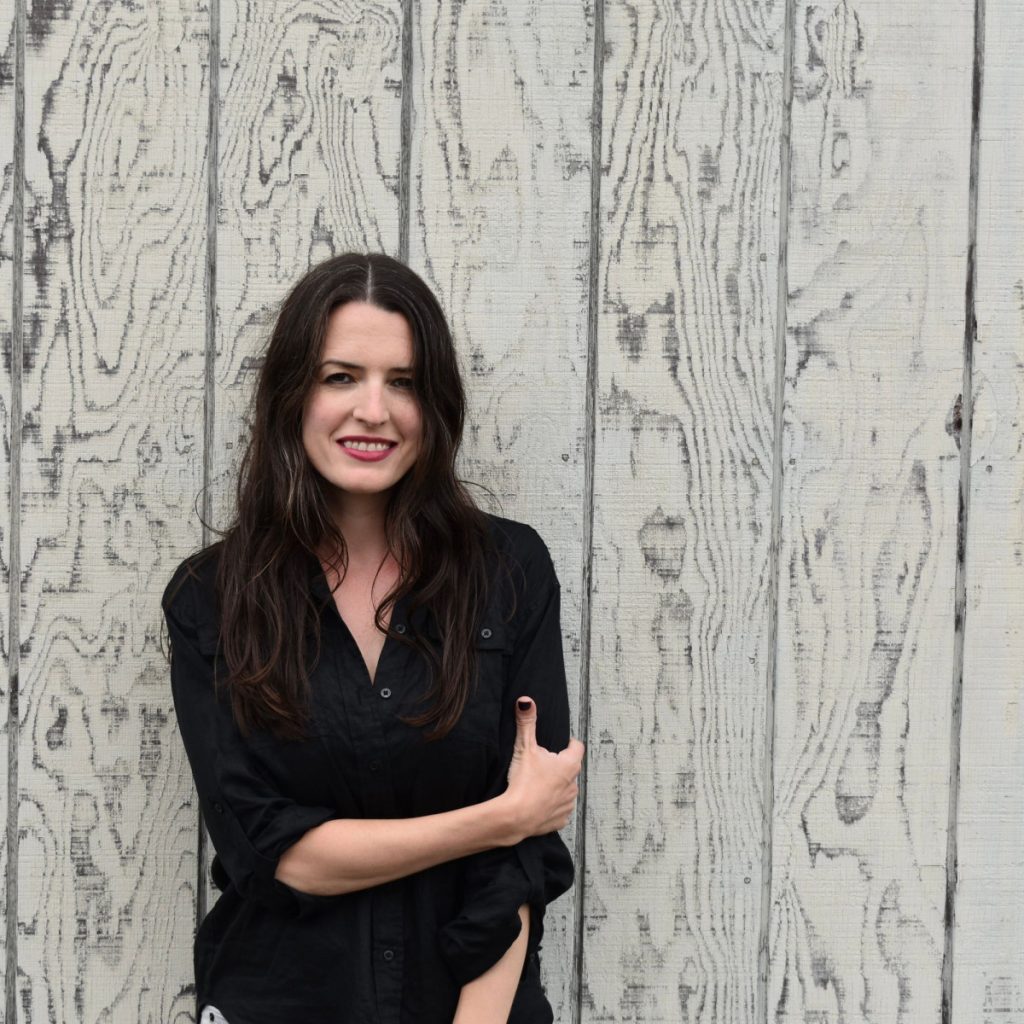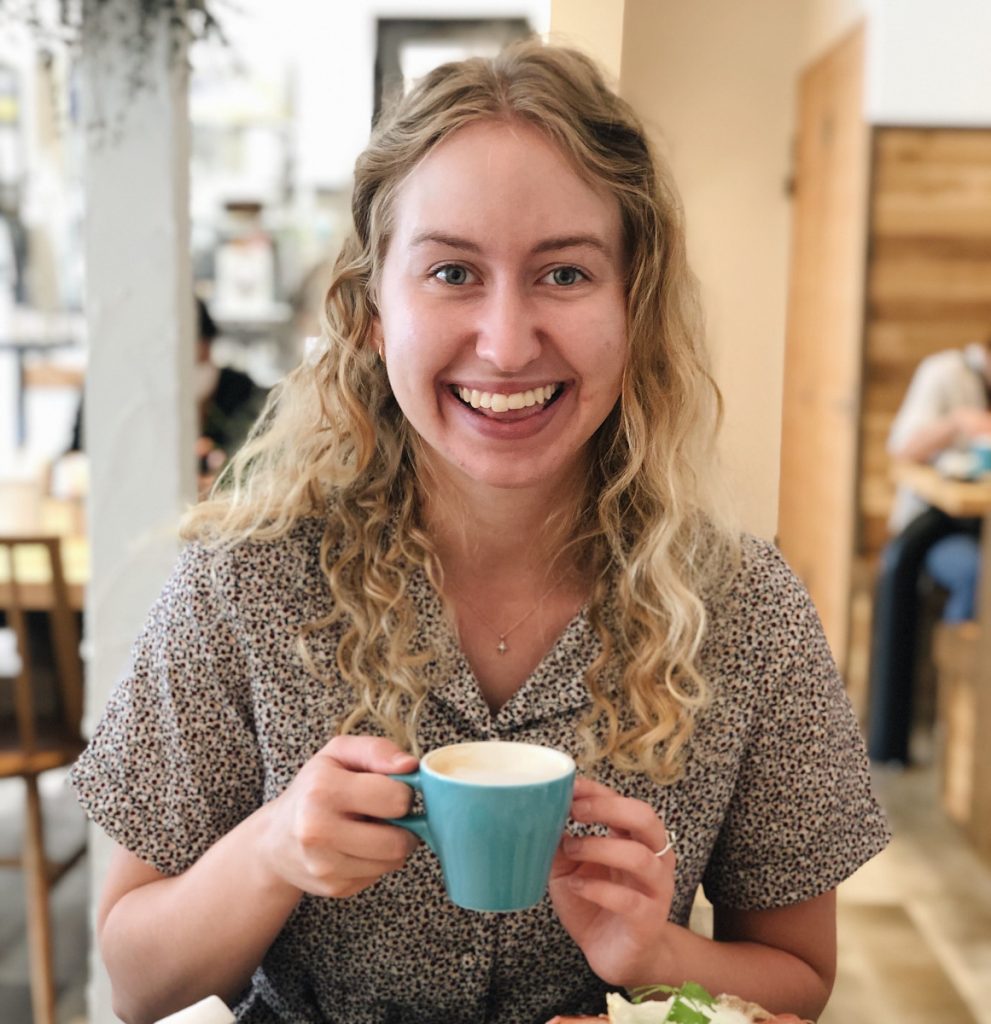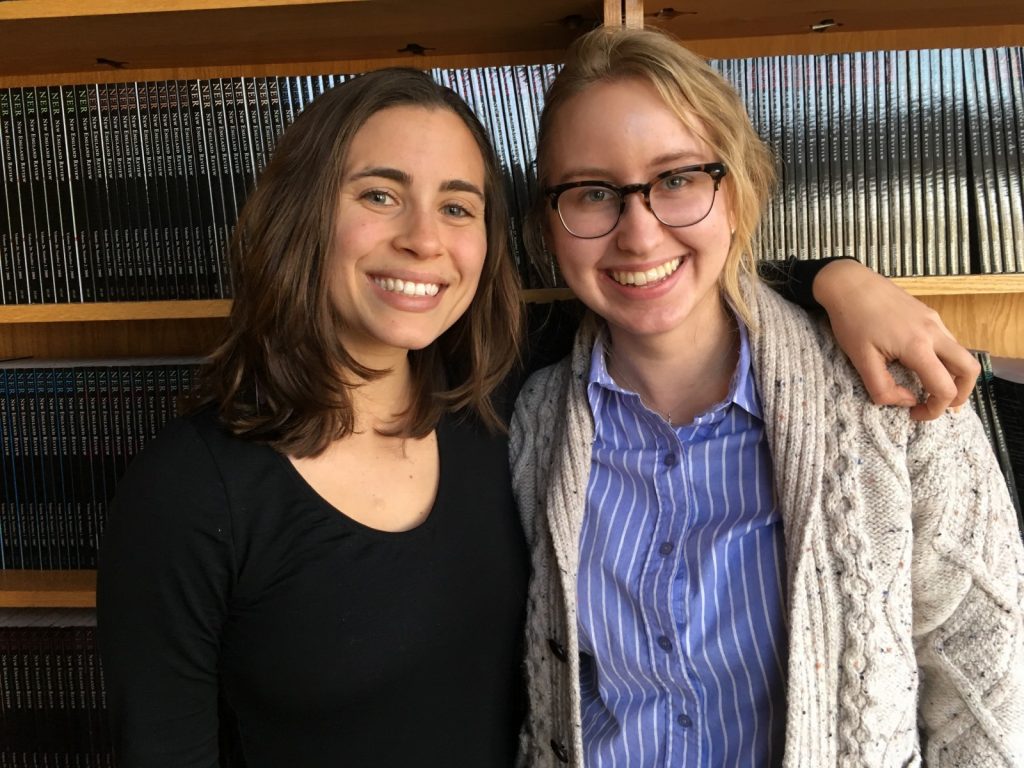
Staff fiction reader Kylie Winger talks to Dana Wilson about her story “Like the Sun” (42.2), its remembrance of the Armenian genocide, the bonds we form in youth, and how traumatic experiences do or do not shape who we later become.
Kylie Winger: The story starts by introducing Sarah and Margaret’s efforts to conceive. We learn that Sarah’s undergone three miscarriages after several rounds of IVF, and we hear about what they’ve sacrificed to afford the treatments. The focus soon shifts to Margaret’s past in Armenia and her reunion with her first same-sex love, Arev, but the thread of Margaret and Sarah figuring out how to start their family remains present through the end. Margaret even suggests they’re linked, saying to herself, “if I am going to see Arev again, it should be now, before I start my own family, before she can lay claim to any more of my life than she already has.” How do these two threads connect, in your mind? And after refusing to visit Armenia with Sarah in the past, why is this the turning point for Margaret’s decision to allow more insight into her past?
Dana Wilson: I wanted Margaret’s return to Armenia to come at a significant point in her life, and I think I gravitated toward this phase of trying and struggling to start a family because of how emotionally layered it is. Margaret is simultaneously thinking about becoming a parent, grieving the miscarriages, supporting Sarah in her grief, and processing the possibilities of either adopting or being unable to have children at all if Sarah doesn’t agree to adopt. She is in a period of her marriage where things have become kind of monotonous and sad, and so the prospect of completely shifting her focus is an appealing escape from that.
As for why she decides to finally return to Armenia at this point, I think it is less about giving Sarah insight into her past and more about her own latent desire to go back, particularly to see Arev again. Although they have been in touch, Arev has taken on this kind of mythological quality in Margaret’s mind; they never got any real closure after their separation, and because of that I think Margaret has always felt sort of haunted by her. Arev also continues to hold that aura of allure and mystery that was there from the beginning of their relationship and remained even after they became close. At this point Margaret has come to terms with the fact that Arev will remain a very powerful presence in her life whether she sees her or not, and so in seeing her again now I think she is both hoping for some kind of closure and succumbing to the ever-present temptation to return to her.
KW: There are a number of elements in the story that mirror each other, like how Margaret’s reconnection with Arev occurs when she and Sarah have to distance themselves to keep their same-sex marriage secret in Armenia, or how Margaret and Sarah meet Arev’s healthy, vibrant children at a time when they’ve been struggling to start their own family. But perhaps the most notable mirroring is between Sarah and Arev, whose physical likenesses are noted several times, including by Arev herself. I found these parallels very striking and thought they added a lot of depth to the story—did you envision them early on in the writing process? Or did they emerge later?
DW: I love that observation. The ideas of doubleness and dichotomy were definitely compelling to me from the start, particularly when it came to the paths Margaret and Arev’s lives took after their separation: Margaret’s family escaping to America while Arev stayed in Armenia, Margaret having relationships with other women while Arev married a man. There is also a doubleness to Margaret’s life that I think is ingrained very deeply in her consciousness and traces back to her family’s departure from Armenia, which is also linked inextricably to her separation from Arev. As a result, she has a tendency to think in terms of contrast and comparison: Armenia versus America, Sarah versus Arev. I think she also seeks to reconcile those divides in a lot of ways, mostly subconsciously. In my mind she never intentionally set out to find a woman like Arev, but there is an instinctive element of her attraction to Sarah that has to do with trying to bridge that gap and ease her persistent longing.
I was interested in exploring those dichotomies in Margaret’s reunion with Arev, too, especially between her expectation of what the visit will be like and how it actually unfolds. I think Margaret always felt she was the lucky one for getting out of Armenia, not only in escaping the energy crisis but also in having the freedom to be with women. I think she always felt she had left Arev behind, but I was interested in the possibility that Arev might actually be thriving in her adult life, maybe even more so than Margaret. Arev has embraced motherhood, she has found ways of being outspoken about her beliefs and experiences, and although her marriage is not a very loving or intimate one, she has made the best of her circumstances and established a respectable place for herself within her family.
KW: And the surprising trajectory of Arev’s life even strengthens the bond between her and Margaret, right? Their partners and families know them as the women they’ve grown into, but they’re the only ones who know each other’s origins.
DW: Yes, absolutely. This is a topic I find endlessly compelling; what does it mean to have known someone in their youth? How does our intimate knowledge of each other’s formative years inform the ways in which we view and relate to each other as adults, particularly if our lives have taken separate paths? I think these are always many-layered questions, and in Margaret and Arev’s case there is the added component of having endured a national crisis together. As close as they may have become with other people since that time, their bond is unique and impenetrable. And regardless of how their relationship progresses or unravels from here, they will each continue to possess a piece of the other that no one else can touch.
KW: At several critical moments in the story Margaret decides to withhold information from Sarah. She underplays the depth of her relationship with Arev before they meet, and following their dinner together, she chooses to tell Sarah nearly everything about her past with Arev except for one critical episode that changed the course of both women’s lives. Yet, at the same time, Margaret really values her marriage to Sarah and even appears to crave a release from this history and related guilt. From a reader’s perspective it’s easy to see the conflict between these two impulses, but what do you think holds Margaret back from being entirely forthcoming with her wife? Is it an instinct for self-preservation, or something bigger?
DW: There has been a strong current of secrecy between Margaret and Arev from the beginning of their relationship. Arev initiates the bond between them by disclosing the details of her grandmother’s death, which is treated in her family as a secret. Then they have to hide their romantic relationship, and that secret ends up spiraling toward much larger consequences. Because their relationship is both founded upon and unraveled by secrecy, it becomes a defining element of their bond. In adulthood Margaret has kept her correspondence with Arev hidden from her partners, and I think, at least for her, there is an almost sacred quality about their relationship that would lose its luster if she were to be completely open about it with anyone else. It is both too large and complex to put into words and too private in her mind, and the longer that sense of secrecy has continued, the harder it has become to let go of it.
But you’re right; Margaret absolutely values her marriage to Sarah and wants very much to be a good partner to her. Her private correspondence with Arev is a constant source of guilt for her, but it is also a constant source of pleasure, and in that way it is almost like an addiction she can’t give up despite knowing it is not necessarily healthy. She tells Sarah more about her history with Arev in an effort to be more transparent, knowing it is the right thing to do, and yet she still cannot shake that impulse to keep at least a part of it—specifically the part that bonds her to Arev in a permanent and physical way—for herself.
KW: A major theme that emerges is how traumatic events can sometimes bond people together. We learn that Sarah, who comes from a Jewish family and whose grandmother survived the Holocaust, has been able to connect with Margaret’s parents in a way none of her previous partners had. Likewise, Arev and Margaret first deepen their relationship as teenagers when Arev confides violent stories of the Armenian genocide she heard from her father. On the other hand, traumatic events also isolate characters: Arev fixates on her great-grandmother’s immolation because she can’t imagine what that must have felt like, and it’s the most violent event in her relationship with Arev that Margaret decides to continue withholding from Sarah. How do you see these traumatic events impacting the characters’ relationships?
DW: My own great-grandmother left Armenia as a child just before the height of the genocide, and the idea for this story first formed when I was talking to my mom about her. I never got to meet her, but she lived with my mom and her family for many years and was a very lively and beloved presence in their house. But my mom said she never talked about the genocide. They knew her father and one of her brothers had been taken from their home and that she never saw them again, and they knew she had escaped with her mother and another brother on a boat to the United States. The only possession they’d been able to take from Armenia was a small cast-iron pot, which sat on a shelf in their house. But otherwise she never spoke about it, and I think that was very common among survivors. Still, I have witnessed through my grandmother and other relatives how incredibly strong the Armenian diaspora has remained since the genocide and how powerful that connection is even for people who didn’t directly experience it.
I wanted to explore all of those dynamics to the extent that I could, with my limited knowledge, and I was especially drawn to the juxtaposition between the instinct to keep the trauma secret and the bond that forms almost automatically with others who have been through it with you. Isolation is definitely a major component, and I think it’s because for people who have experienced serious trauma together it can be very difficult to invite other people into that. I was very conscious of my own distance from the Armenian community, and particularly from both the genocide and the energy crisis, and at first I hesitated to write the story at all from what felt like an outsider’s perspective. But my professor Madeleine Thien at Brooklyn College really helped me with that struggle; she encouraged me to research as much as I could and to allow the emotional dynamics and the individual relationships to guide me, and that gave me a way in.
For both Margaret and her parents, the shared sense of ancestral trauma plays a major role in their bond with Sarah. And in Margaret and Arev’s case, there are many layers to their trauma: the lasting intergenerational impacts of the genocide, the extreme physical and emotional suffering they endured through the energy crisis, and the personal trauma they experienced being forced to keep their relationship a secret and then found out and separated in such a brutal way. All of these events have echoed through the characters’ lives, their families, and their relationships, and I hope I did justice to the depth and complexity of those experiences and the impacts they’ve had.
KW: I think the story speaks for itself on that count. Thank you so much for taking the time to talk about it with me.
DW: Thank you so much, Kylie!

Kylie Winger graduated from Middlebury College in 2019 with a degree in literary studies. After interning for NER during her senior year, she now reads fiction submissions for the magazine. She’s also attended a summer session at the Iowa Writers’ Workshop and received a student scholarship to attend the Bread Loaf Writers’ Conference. She currently lives and writes in Hokkaido, Japan, where she teaches English.
